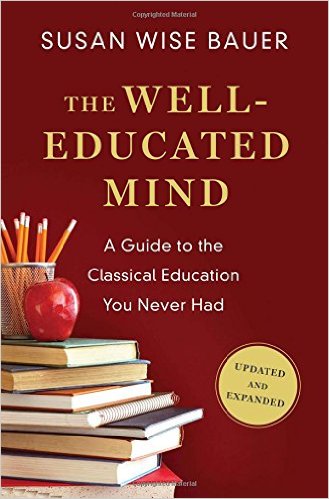The Classical Education You Never Had
A Timeless Tradition
In the Middle Ages, young people who sought a well-rounded education often turned to the classics, studying works of literature, philosophy, history, and science from ancient Greece and Rome. This classical education provided a foundation for critical thinking, problem-solving, and effective communication, preparing students for a variety of roles in society.
Rediscovering the Classics
In recent years, there has been a growing interest in classical education as a way to equip students with the skills and knowledge necessary to thrive in the modern world. Classical education emphasizes the importance of:
- Critical thinking and problem-solving
- Effective communication and rhetoric
- Historical and cultural literacy
- Moral and ethical reasoning
Benefits of a Classical Education
Research has shown that students who receive a classical education perform better in college and beyond. They demonstrate higher levels of critical thinking, writing, and communication skills. Additionally, they have a deeper understanding of history, literature, and the human condition, making them more well-rounded and informed individuals.
Creating Your Own Classical Education
While formal classical education programs are available, it is also possible to create your own curriculum and pursue a classical education independently. By selecting books and resources from the classics, engaging in discussion and research, and seeking guidance from mentors, individuals can gain the benefits of a classical education without the traditional classroom setting.
A classical education is more than just memorizing facts or studying old texts. It is an enduring tradition that cultivates the mind, develops character, and prepares individuals to live fulfilling and meaningful lives. As we navigate the complexities of modern society, embracing the wisdom and insights of the ancients can provide us with a timeless foundation for personal growth and societal progress.


Comments